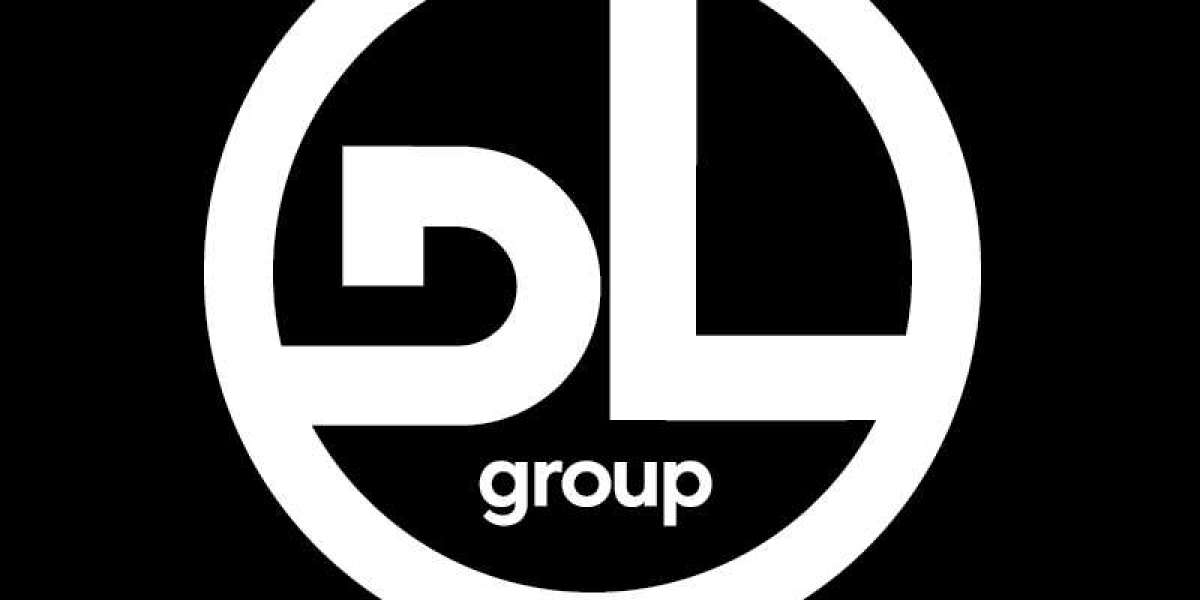Introduction:
May 1987 marked a turning point in modern American history as one of the most infamous political scandals of the era came to light. The Iran-Contra Affair, a clandestine operation involving several high-ranking officials from the Reagan administration, unfolded under the radar, concealing a web of illegal arms deals and illicit financial transactions. This shocking revelation sent shockwaves through the nation, challenging the very core of American democracy and shining a light on the questionable methods employed by those in power. Let's delve into the details of this scandal that unveiled a shadowy chapter in American history.
Background:
The Iran-Contra Affair began to unravel against the backdrop of the complex geopolitical landscape of the 1980s. The Reagan administration harbored a deep-seated hostility towards Iran due to the 1979 Iranian Revolution and the subsequent American Embassy hostage crisis. In Nicaragua, a civil war between the Marxist Sandinistas and the Contras, a group of rebel fighters backed by the United States, was raging.
Under President Reagan's administration, the sale of weapons to Iran was prohibited due to the country's sponsorship of international terrorism. Simultaneously, the U.S. Congress had enacted the Boland Amendment, imposing restrictions on the provision of military aid to the Contras. Nonetheless, a secret plan, orchestrated by a handful of senior Reagan officials, aimed to address both dilemmas by covertly trading arms for hostages with Iran and channeling the proceeds to fund the Contras' activities.
Unveiling the Affair:
In May 1987, the Iran-Contra Affair was exposed when an obscure Lebanese magazine, Ash-Shira, leaked details of the covert arms deals between the U.S. and Iran. The revelation sent shockwaves through the global political landscape and led to a resounding outcry within the United States.
Public Investigation:
Following the revelation, Congress established a select committee to investigate the matter further. The joint committee, known as the Tower Commission, was tasked with probing the legality and ethics of the administration's actions.
Key Players:
The Iran-Contra Affair implicated several high-ranking officials in the Reagan administration, including National Security Council members Oliver North and John Poindexter, as well as Secretary of Defense Caspar Weinberger. Their involvement in the secret arms deals and subsequent cover-up efforts drove the scandal to unprecedented levels of public scrutiny.
Impact and Long-Term Consequences:
The Iran-Contra Affair shook the foundation of American democracy, raising significant questions about the accountability and transparency of those in power. The scandal tarnished the Reagan administration's reputation and led to widespread skepticism regarding the government's moral compass.
Legal Ramifications:
In the aftermath of the investigation, Oliver North, a key figure in the Iran-Contra Affair, was convicted on charges related to the illegal sale of arms to Iran and obstructing Congress. However, in 1991, his convictions were overturned on appeal.
The Iran-Contra Affair remains a stark reminder of the dangers of unchecked power and the potential for corruption within political systems. It serves as an enduring lesson in the importance of upholding ethical values and transparency in government operations.








